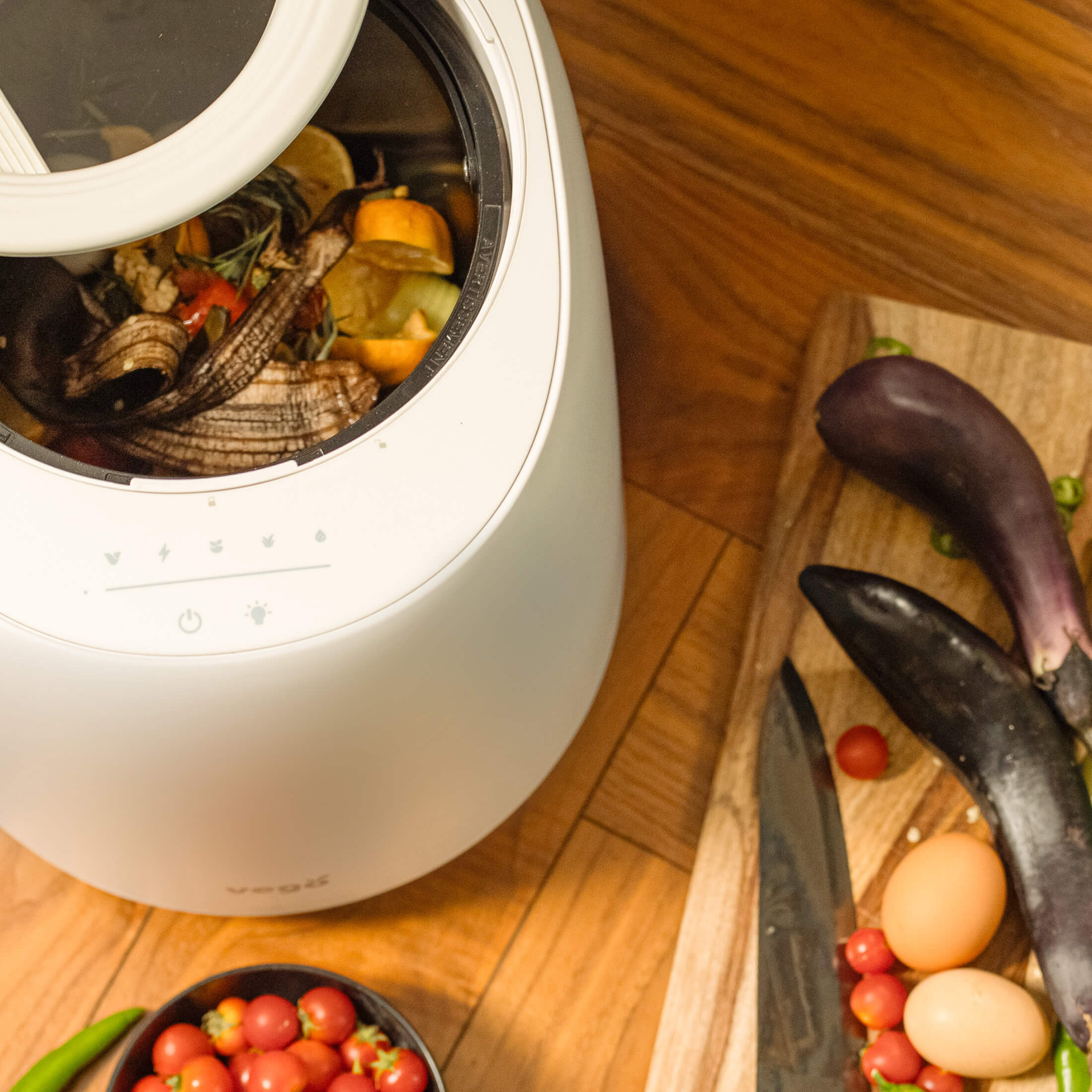Composting helps sustainability by reducing waste, lowering greenhouse gasses, and creating rich soil for plants. However, choosing the right composting method ensures it fits your lifestyle and space. Whether you’re drawn to the compact convenience of tabletop composters or prefer the larger capacity of traditional outdoor bins, both methods come with unique benefits and challenges. This article looks into these two approaches in detail to help you decide which option best suits you.
Understanding Tabletop Composters
A tabletop composter is a small, compact solution that fits easily into indoor spaces. These composters are often sleek in design, fitting right on kitchen counters or inside cabinets, making them ideal for apartments or homes with limited space. Some models use electric technology to accelerate food waste decomposition, drying, and grinding within hours. Others are simple non-electric bins that temporarily store scraps until they can be added to an outdoor compost system.
Because these units are designed for indoor composting, so they often come with charcoal filters and tightly sealed lids to prevent odors. Their accessibility encourages frequent use, making it easy to compost scraps during meal preparation. If you live in an urban setting or don’t have access to outdoor space, a tabletop composter makes it possible to adopt sustainable habits without any extra hassle.
Traditional Compost Bins
In contrast, traditional compost bins are designed for outdoor use and accommodate larger volumes of organic waste. These bins vary in size and style, from simple wooden boxes to rotating tumblers. They are typically placed in backyards or gardens, where they can handle more substantial contributions, including grass clippings, yard waste, and larger food scraps.
While traditional bins rely on natural decomposition processes, they require some effort to maintain, such as periodic turning to ensure proper aeration. Unlike an indoor composter, they do not rely on filters to manage odors since airflow and outdoor conditions naturally control smells. Traditional bins are often the preferred choice for gardeners and households with large waste output, as they provide nutrient-rich compost on a larger scale over time.
Comparing the Two Methods
Choosing between tabletop composters and traditional outdoor bins involves considering your space, lifestyle, and composting goals. Tabletop composters are perfect for those living in small spaces, such as apartments or homes without garden access. Their compact design makes them easy to fit into tight spaces, and the ability to process waste quickly, especially in electric models, makes them a practical choice for people with busy schedules.
Traditional outdoor bins are ideal for those with a backyard or garden. They handle larger waste volumes, including garden debris. They’re great for gardeners needing a steady compost supply and require less daily attention than indoor units. However, natural decomposition takes longer, often several months, especially in cooler weather.
Maintenance and Convenience
When it comes to maintenance, tabletop composters require more frequent care. Electric models need regular cleaning and filter changes to ensure they run smoothly, while non-electric ones must be emptied often to avoid overflowing. The convenience of having a composter right in the kitchen makes it easier to stay consistent with composting. Still, it also means dealing with smaller capacities and more upkeep.
On the other hand, traditional bins require less frequent attention but must be managed periodically. Turning the compost helps with aeration, and occasionally checking moisture levels ensures the decomposition process stays on track. Outdoor bins are generally low-maintenance but aren’t as immediate or hands-free as some electric indoor units.
Speed and Cost Considerations
If you’re looking for quick results, an electric indoor composter stands out by turning food waste into compost within hours. This feature makes them appealing to individuals who want fast results or don’t have space to store large amounts of waste. However, these units often have a higher price tag, and filter replacements add to the long-term cost.
Traditional bins are more economical in terms of initial cost and long-term use. Once set up, they can handle large amounts of waste without additional expenses. However, the trade-off is the slower decomposition process, so you’ll need to wait a few months before harvesting compost.
Making the Right Choice
Choosing between tabletop composters and traditional bins depends on your space, waste volume, and commitment. Atabletop composter suits small spaces, is quick, and is perfect for those without outdoor access or who want fast results. For those with gardens or larger outdoor areas, a traditional bin allows for composting many materials and yields more compost. Though it takes longer and requires occasional manual effort, it’s perfect for gardeners and households looking to reduce waste on a larger scale.




